Enhancing Pipeline Protection with Inner Wrap Tape: A Shield Against Corrosion
Introduction: In the world of oil and gas transportation, pipelines serve as the lifelines of the industry. Ensuring the integrity and longevity of these pipelines is of utmost importance. One essential component in safeguarding pipelines against corrosion is the pipeline inner wrap tape. This article delves into the significance of inner wrap tape, highlighting its role in enhancing pipeline protection and prolonging the lifespan of crucial infrastructure.
Corrosion Prevention: Corrosion poses a significant threat to pipelines, leading to structural degradation, leaks, and environmental hazards. Inner wrap tape acts as a corrosion prevention measure by forming a barrier between the pipeline surface and external elements. It acts as a protective layer, shielding the pipeline from moisture, chemicals, and other corrosive substances that could compromise its integrity. By impeding direct contact between the pipeline and the surrounding environment, inner wrap tape significantly reduces the risk of corrosion-related damage.
Compatibility with Pipeline Coatings: Pipelines often have a protective coating applied to their surfaces to provide an additional layer of defense against corrosion. Inner wrap tape is designed to be compatible with various pipeline coatings, including epoxy, polyethylene, and polypropylene. This compatibility ensures a seamless integration between the protective coating and the tape, creating a unified defense system against corrosion. The use of inner wrap tape enhances the performance and durability of the pipeline coating, further extending the lifespan of the infrastructure.
Mechanical Protection: In addition to corrosion prevention, inner wrap tape provides mechanical protection to pipelines. It acts as a cushioning layer, safeguarding the pipeline from external forces such as impacts, abrasion, and soil movement. This is particularly crucial in areas where pipelines are vulnerable to accidental damage, such as rocky terrain or construction sites. The tape acts as a shock absorber, minimizing the risk of dents, cracks, or punctures that could compromise the pipeline's structural integrity.
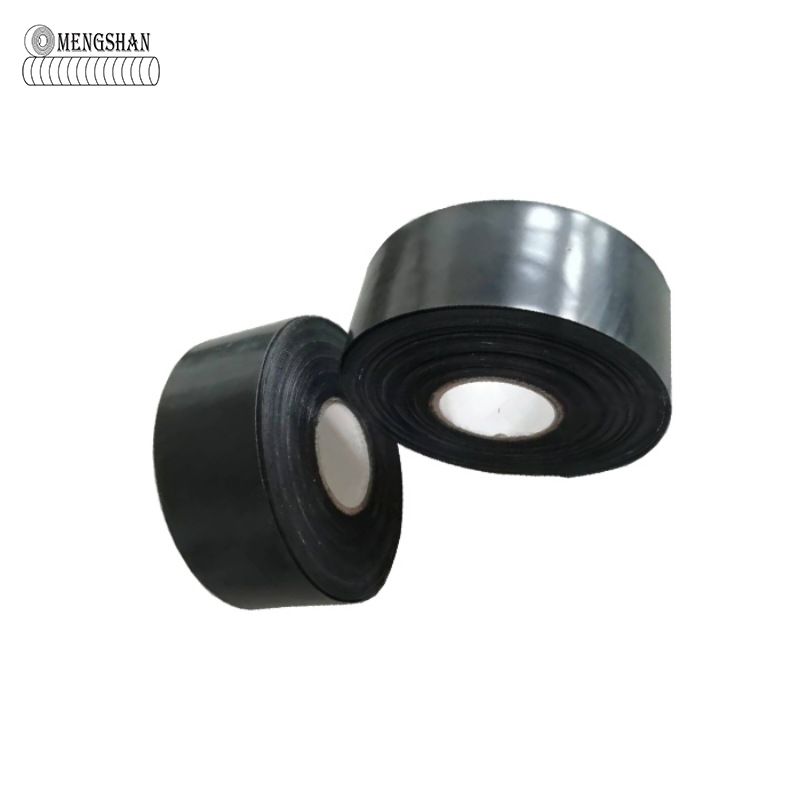
Easy Application: Pipeline inner wrap tape is designed for ease of application, making it a practical choice for pipeline maintenance and repair. The tape is typically supplied in rolls, which can be easily unwound and wrapped around the pipeline surface. It adheres securely, ensuring a tight and uniform fit. The simplicity of the application process saves time and labor costs, enabling efficient and effective pipeline protection.
Additional reading:Digital Water Curtain: A Mesmerizing Fusion of Technology and Art
Water Curtain Movies: An Aquatic Cinematic Experience
What are the advantages of polypropylene synthetic fiber?
PVC Cooling Tower Fill You Need to Know
What is WPC board used for?
Are Thrie-Beam Highway Guardrails Suitable for All Road Types?
What are the advantages of aluminum sliding doors?
Longevity and Cost Savings: By effectively preventing corrosion and providing mechanical protection, inner wrap tape contributes to the longevity of pipelines. A well-protected pipeline requires fewer maintenance interventions and has a longer service life, resulting in significant cost savings over time. The investment in quality inner wrap tape pays off by reducing the need for extensive repairs or even pipeline replacements, minimizing downtime and ensuring uninterrupted operations.
Environmental Benefits: The use of pipe inner wrap tape aligns with environmental sustainability goals. By preventing corrosion and minimizing the risk of leaks, it helps to reduce the potential for environmental contamination. The tape acts as a safeguard, protecting the ecosystem and surrounding communities from potential harm caused by pipeline failures. By proactively utilizing inner wrap tape, the industry demonstrates its commitment to responsible and eco-friendly pipeline management.
Conclusion: Pipeline inner wrap tape plays a vital role in protecting critical infrastructure from corrosion and mechanical damage. With its corrosion prevention capabilities, compatibility with pipeline coatings, ease of application, and long-term cost savings, inner wrap tape serves as a reliable and efficient solution for ensuring the integrity and durability of pipelines. By incorporating inner wrap tape into pipeline maintenance strategies, operators can extend the lifespan of their assets, enhance safety, and contribute to a more sustainable and resilient oil and gas industry.
How to Maintain and Extend the Lifespan of Your FRP Tank
The Difference Between Corrugated Metal Culvert and Plastic Corrugated Pipe
What is the advantage of steel roof truss?
What is the best way to apply butyl tape?
What is Flooring Felt? A Comprehensive Guide to Felt Flooring and Finding a Reliable Supplier
Are I-joists stronger than timber?
What is better wood or vinyl flooring?
197
0
0
Related Articles
-
How much does it cost to have a piece of tempered glass cut?
How much does it cost to have a piece of tempered glass cut?
201
0
0
-
190
0
0
-
187
0
0
-
Which is the best aluminium sheet for roofing?
When it comes to roofing materials, aluminum sheets have gained immense popularity in recent years.
190
0
0
-
186
0
0
-
200
0
0
-
176
0
0
-
213
0
0


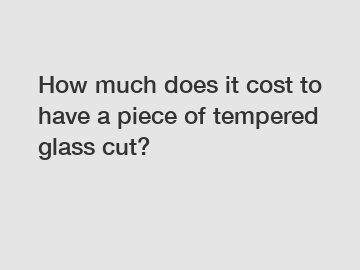
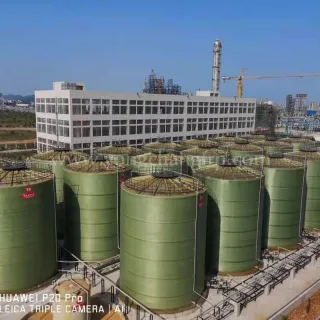
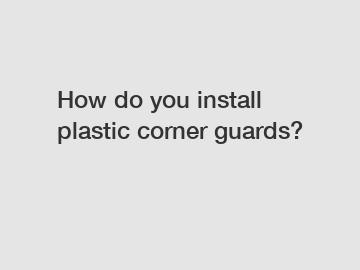
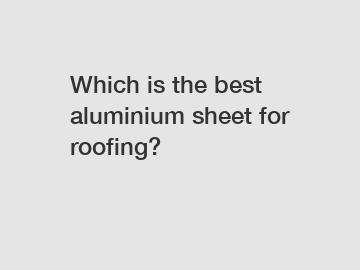
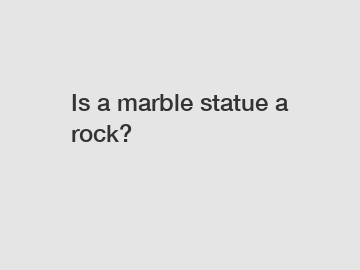

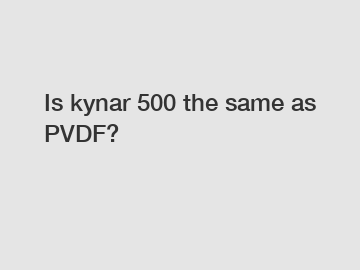
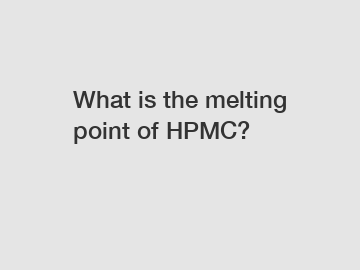
Comments
All Comments (0)